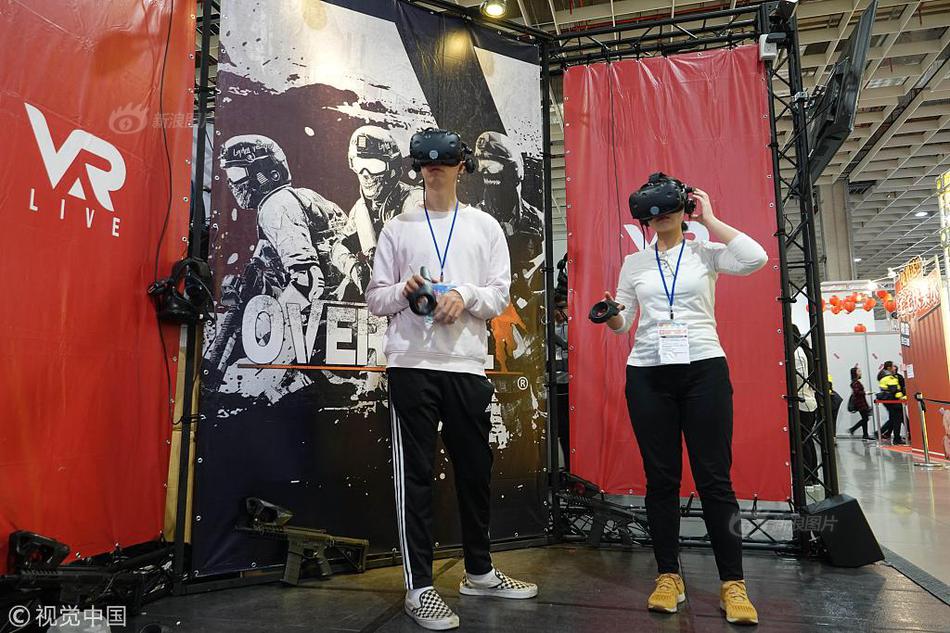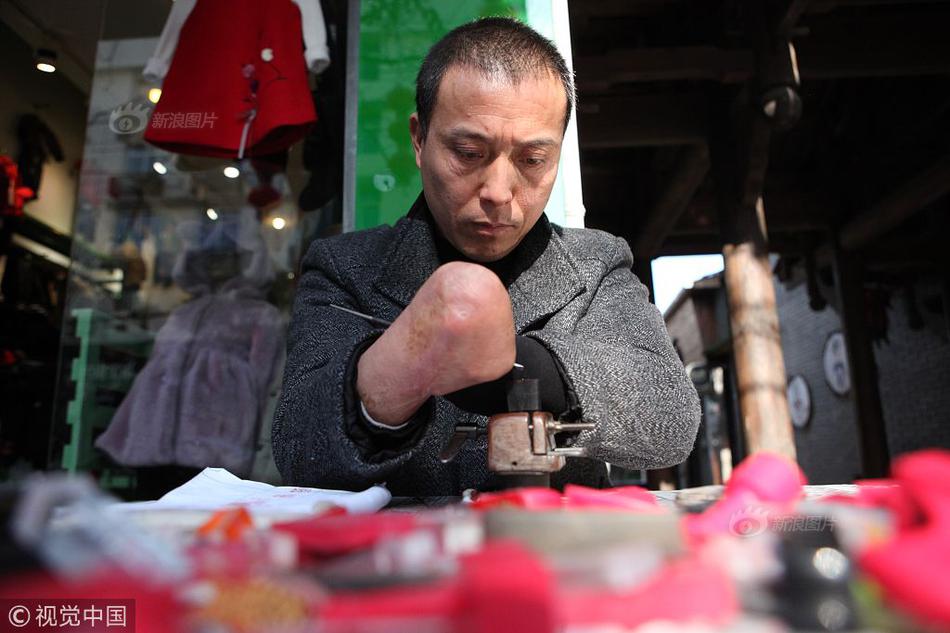Google's answer to combatting COVID vaccine misinformation has been to display resources from health authorities like the CDC in information boxes on Uncontrollable Sexual Desiresearch result pages.
But the coronavirus — and COVID-related scams and fake news— have blown through international borders and language barriers.
How is Google supposed to serve up that same quality of information when people are using search terms in foreign languages that the algorithm might not recognize?
Enter: MUM. No, not someone's British mother. It's Google's new AI tool, called Multitask Unified Model, that the company says will help the search engine answer complicated queries by (among other things) pulling information from sources in "75+" languages.
First announced at the company's I/O developer conference in May, Google shared Tuesday that it has put MUM into action for its first job: Surfacing information about the coronavirus vaccine.
 MUM has some information to share. Credit: Google
MUM has some information to share. Credit: Google Google says its analysis shows that there are more than 800 variations of names for the coronavirus vaccine — like "Coronavaccin Pfizer" and "CoVaccine" — in different languages. Identifying the names, and assigning information boxes to them, is a process it says would have normally taken "weeks." However, MUM was able to do it in "seconds." Google validated that MUM's analysis of search terms was accurate, and the technology is being used for searches now.
"This first application of MUM helped us get critical information to users around the world in a timely manner," Google's blog post on the topic reads.
Google displays information from the CDC or the World Health Organization in its boxes. Google says it will also display information from "local health authorities, depending on where you're searching from."
Disseminating vaccine information is a fairly small-scale example of some potentially big changes under the Google Search hood. MUM needs fewer data inputs to generate answers, so Google Search will theoretically be able to adapt to new trends and information more quickly.
On the user end, MUM will be able to take context from pages in multiple languages to suggest more relevant search results in the user’s language. Google gives the example of someone visiting Mt. Fuji. It might use information from Japanese websites to provide a traveler better results in English.
That's not all MUM can do. Google explains it will eventually let people ask Google Search increasingly complicated questions. It can also process questions in multimedia formats; for example, it could answer a question, posed by voice, about the contents of an image. You can read a more detailed explanation of how MUM works here. And don't be surprised if you see more from MUM, soon.
Topics Artificial Intelligence Google COVID-19
(Editor: {typename type="name"/})
 Q&A with tendercare founder and CEO Shauna Sweeney
Q&A with tendercare founder and CEO Shauna Sweeney
 The 10 best new true crime podcasts
The 10 best new true crime podcasts
 'Quordle' today: See each 'Quordle' answer and hints for February 19
'Quordle' today: See each 'Quordle' answer and hints for February 19
 A fake Will Ferrell account fooled the BBC because of Twitter Blue verification
A fake Will Ferrell account fooled the BBC because of Twitter Blue verification
Weather app glitch makes it look like hell is basically freezing over
 East coasters have already survived four nor'easters at this point, but according to weather app, Da
...[Details]
East coasters have already survived four nor'easters at this point, but according to weather app, Da
...[Details]
'Party Down' Season 3: Adam Scott and Ken Marino return, but does the fun?
 It was with trepidation I approached the return of Party Down. On one hand, as a devotee of the orig
...[Details]
It was with trepidation I approached the return of Party Down. On one hand, as a devotee of the orig
...[Details]
Wordle today: Here's the answer, hints for February 24
 Can't get enough of Wordle? Try Mashable's free version now Y
...[Details]
Can't get enough of Wordle? Try Mashable's free version now Y
...[Details]
How to have a threesome: managing emotions during group sex
 A wholesome threesome: The best rhyme ever? We think yes."Two simply isn’t enough, let’s
...[Details]
A wholesome threesome: The best rhyme ever? We think yes."Two simply isn’t enough, let’s
...[Details]
Commissioning Misleading Core i9
Melania Trump absolutely loves to use chaotic photo filters
 Say what you will about Melania Trump, but there's no denying that she has one of the most tolerable
...[Details]
Say what you will about Melania Trump, but there's no denying that she has one of the most tolerable
...[Details]
Parkland survivor on why he believes in brain
 At CES, tech execs and thirsty industry analysts abound. This year, there was also a college student
...[Details]
At CES, tech execs and thirsty industry analysts abound. This year, there was also a college student
...[Details]
These YouTube videos of Florence Pugh singing will restore your youth
 This morning I (26F) woke up at 5:00 a.m. feeling approximately 82 years old. My head was foggy from
...[Details]
This morning I (26F) woke up at 5:00 a.m. feeling approximately 82 years old. My head was foggy from
...[Details]
Best Fire Stick deal: Save $20 on Amazon Fire Stick 4K
 SAVE $20: As of April 8, the Amazon Fire Stick 4K is on sale at Amazon for $29.99. That's a 40% disc
...[Details]
SAVE $20: As of April 8, the Amazon Fire Stick 4K is on sale at Amazon for $29.99. That's a 40% disc
...[Details]
This desktop app will make every click a Tinder right
 For those of you who want to find love on Tinder but feel like the pesky task of actually using the
...[Details]
For those of you who want to find love on Tinder but feel like the pesky task of actually using the
...[Details]
接受PR>=1、BR>=1,流量相当,内容相关类链接。